Historical events on March 4
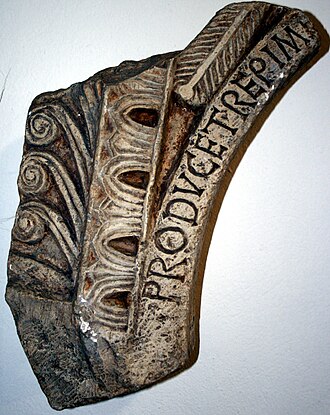
MARCH 4, 852
Trpimir I, the founder of the Trpimirović dynasty of Croatia, issued a document that contains the first known use of the name Croats.
Trpimir I was a duke in Croatia from around 845 until his death in 864. He is considered the founder of the
Read More
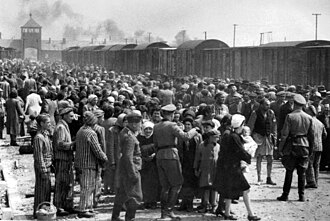
MARCH 4, 1943
The Holocaust: Almost all Jews in Bulgarian-occupied Western Thrace were deported to Treblinka extermination camp to be killed.
The Holocaust, known in Hebrew as the Shoah (שואה), was the genocide of European Jews during World War II. From 1941 to 1945,
Read More

MARCH 4, 2017
Construction began on a 69-metre (226 ft) statue of the Buddha at Wat Paknam Bhasicharoen in Bangkok.
Siddhartha Gautama, most commonly referred to as the Buddha, was a wandering ascetic and religious teacher who lived in South Asia during
Read More
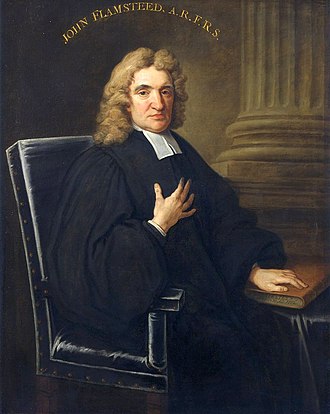
MARCH 4, 1675
John Flamsteed (pictured) was appointed the first Astronomer Royal by King Charles II of England.
John Flamsteed was an English astronomer and the first Astronomer Royal. His main achievements were the preparation of a 3,000-star catalogue, Catalogus
Read More
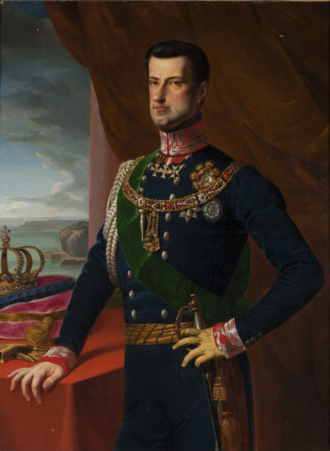
MARCH 4, 1848
King Charles Albert of Sardinia signs the Statuto Albertino, which would later serve as the constitution for the Kingdom of Italy.
Charles Albert was the King of Sardinia and ruler of the Savoyard state from 27 April 1831 until his abdication in 1849.
Read More

MARCH 4, 306
Roman Herculian guard Adrian of Nicomedia, who had converted to Christianity after being impressed with the faith of Christians that he had been torturing, was martyred.
The Jovians and Herculians were the senior palatine imperial guard units under the rule of Roman Emperor Diocletian. They continued in existence
Read More
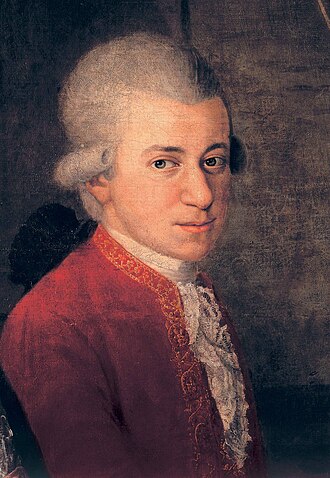
MARCH 4, 1773
Wolfgang Amadeus Mozart departed Italy after the last of his three journeys there.
Wolfgang Amadeus Mozart was a prolific and influential composer of the Classical period. Despite his short life, his rapid pace of composition
Read More
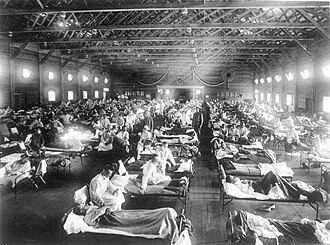
MARCH 4, 1918
A case of influenza was recorded at Camp Funston, Kansas, conventionally marking the beginning of the Spanish flu pandemic.
Camp Funston is a U.S. Army training camp located on the grounds of Fort Riley, southwest of Manhattan, Kansas. The camp was
Read More
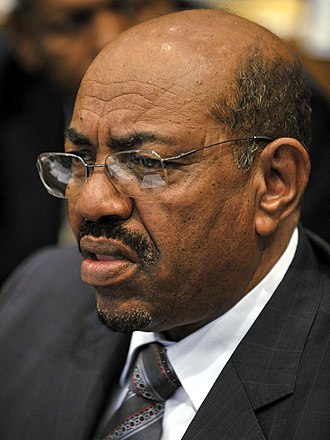
MARCH 4, 2009
President Omar al-Bashir of Sudan was indicted by the International Criminal Court on charges of war crimes and crimes against humanity committed during the War in Darfur.
Omar Hassan Ahmad al-Bashir is a Sudanese former military officer and politician who served as Sudan's head of state under various titles
Read More

MARCH 4, 1990
College basketball player Hank Gathers died after collapsing during a West Coast Conference tournament semifinal game in Los Angeles.
College basketball is basketball that is played by teams of student-athletes at universities and colleges. In the United States, colleges and universities
Read More
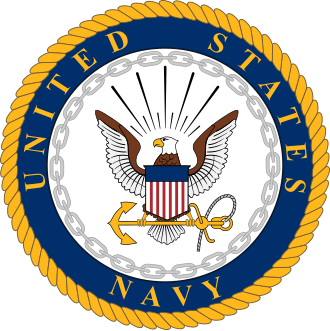
MARCH 4, 1918
The United States Navy suffered its largest non-combat loss of life when the collier USS Cyclops set sail from Barbados to Baltimore and was never seen again, presumably disappearing in the Bermuda Triangle.
The United States Navy (USN) is the maritime service branch of the United States Department of Defense. It is the world's most
Read More
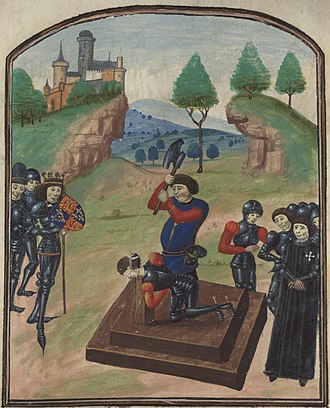
MARCH 4, 1461
Wars of the Roses: Henry VI, the Lancastrian king of England, was deposed by his Yorkist cousin, who succeeded him as Edward IV.
The Wars of the Roses, known at the time and in following centuries as the Civil Wars, were a series of armed
Read More
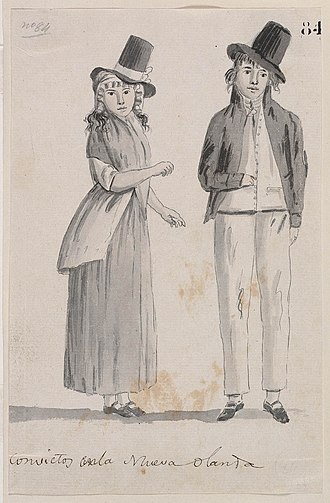
MARCH 4, 1804
Irish convicts formerly involved at the Battle of Vinegar Hill during the Irish Rebellion of 1798 began an uprising against British colonial authorities in New South Wales, Australia.
Between 1788 and 1868 the British penal system transported about 162,000 convicts from Great Britain and Ireland to various penal colonies in Australia.
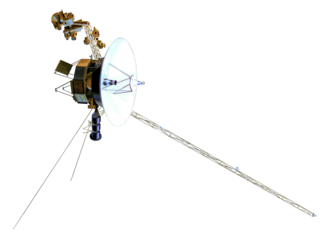
MARCH 4, 1979
The space probe Voyager 1 discovered the rings of Jupiter, the third ring system to be discovered in the Solar System, after those of Saturn and Uranus.
Voyager 1 is a space probe launched by NASA on September 5, 1977, as part of the Voyager program to study the
Read More

MARCH 4, 2012
A series of blasts occurred at an arms dump in Brazzaville, Republic of the Congo, killing at least 300 people and injuring 2,500 others.
On 4 March 2012, a series of blasts occurred at an army arms dump in Brazzaville, the capital of the Republic of
Read More
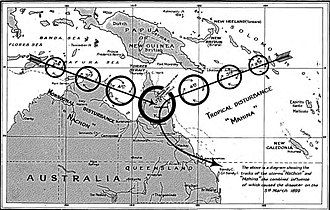
MARCH 4, 1899
Cyclone Mahina struck Bathurst Bay, Queensland, killing more than 300 people in one of the deadliest natural disasters in Australian history.
Cyclone Mahina was the deadliest cyclone in recorded Australian history, and also potentially the most intense tropical cyclone ever recorded in the
Read More

MARCH 4, 1966
During an interview, John Lennon of the Beatles argued that the band had become "more popular than Jesus".
John Winston Ono Lennon was an English singer, songwriter, musician and peace activist. He gained global fame as the founder, co-lead vocalist
Read More
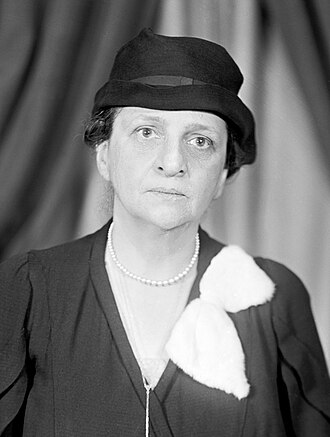
MARCH 4, 1933
Frances Perkins was appointed United States Secretary of Labor, making her the first female member of the Cabinet.
Frances Perkins was an American workers-rights advocate who served as the fourth United States Secretary of Labor from 1933 to 1945, the
Read More
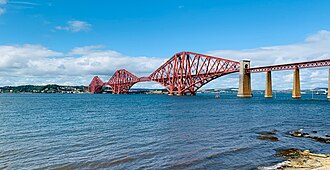
MARCH 4, 1890
The Forth Bridge, a railway bridge connecting Edinburgh to Fife over the Firth of Forth, opened, eventually becoming an internationally recognised Scottish landmark.
The Forth Bridge is a cantilever railway bridge across the Firth of Forth in the east of Scotland, 9 miles west of
Read More
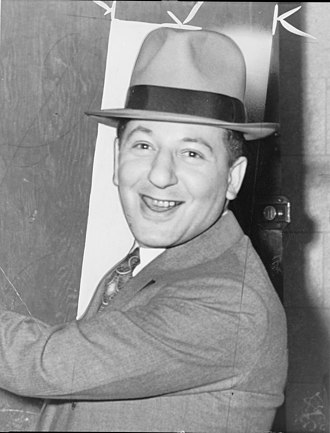
MARCH 4, 1944
Murder, Inc. leader Lepke Buchalter was executed, becoming the only American mob boss to receive the death penalty after being convicted of murder.
Murder, Inc. was an organized crime group active from 1929 to 1941 that acted as the enforcement arm of the National Crime
Read More
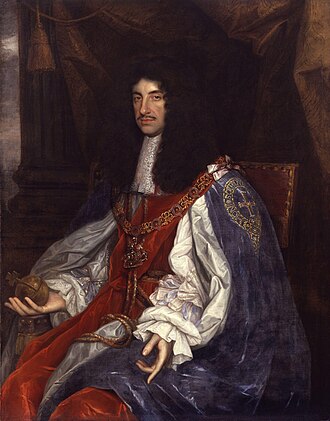
MARCH 4, 1681
King Charles II of England granted Quaker William Penn a charter for the Pennsylvania Colony.
Charles II was King of Scotland from 1649 until 1651 and King of England, Scotland, and Ireland from the 1660 Restoration of the monarchy until his death in 1685.
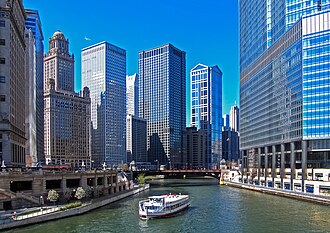
MARCH 4, 1837
Chicago was incorporated as a city.
Chicago is the most populous city in the U.S. state of Illinois and in the Midwestern United States. With a population of
Read More
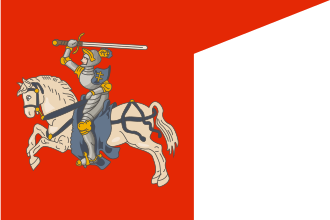
MARCH 4, 1386
Jogaila, Grand Duke of Lithuania, was crowned King of Poland as Władysław II Jagiełło (pictured), beginning the Jagiellonian dynasty.
The Grand Duchy of Lithuania was a sovereign state in northeastern Europe that existed from the 13th century, succeeding the Kingdom of
Read More
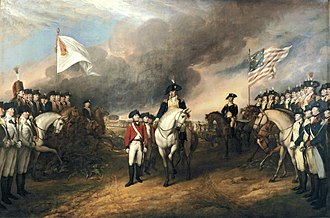
MARCH 4, 1776
American Revolutionary War: Using artillery transported from Ticonderoga, the Continental Army occupied Dorchester Heights, forcing the British to abandon Boston two weeks later.
The American Revolutionary War, also known as the Revolutionary War or American War of Independence, was the armed conflict that comprised the
Read More
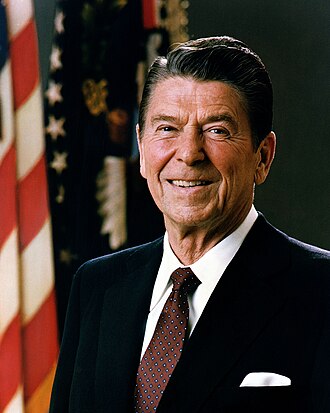
MARCH 4, 1987
U.S. president Ronald Reagan made a nationally televised address in which he accepted full responsibility for illegal actions in the Iran–Contra affair.
Ronald Wilson Reagan was an American politician and actor who served as the 40th president of the United States from 1981 to
Read More

MARCH 4, 1941
Second World War: British Commandos successfully executed a raid on the Lofoten Islands in German-occupied Norway.
World War II or the Second World War was a global conflict between two coalitions: the Allies and the Axis powers. Nearly all
Read More

